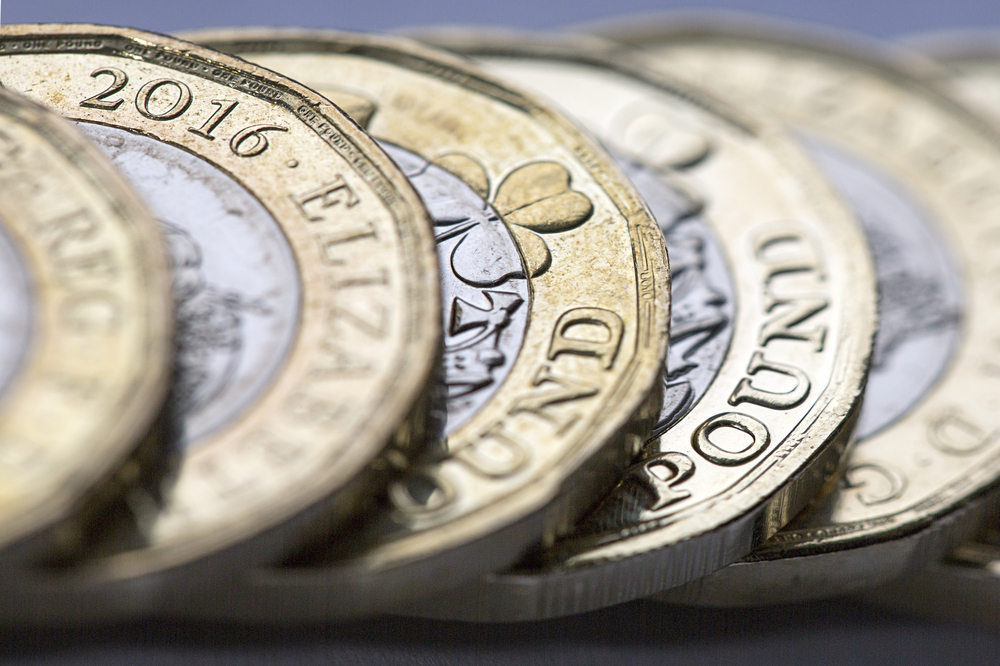Unless you have been living under a rock, you probably know that the inflation rate has risen to 9%, the interest rate has soared to 1%, and the UK has entered the biggest cost of living crisis since the 1950s.
This has not only had a devastating impact on peoples’ personal finances but has plunged the country into sharp economic downturn with a recession now a real possibility before the end of the year.
It can be difficult to know what to do, or where to turn, in times of economic uncertainty but by taking the time to recession-proof your finances, you can get your spending under control and plan ahead for when things take a turn for the worst.
In this article, we’ll talk you through how you can prepare your finances for a recession which, if the economy continues to shrink, could become a reality within a matter of months.
Set a budget
If the past few months’ price hikes haven’t convinced you to set a budget, the looming threat of a nationwide recession should do the trick.
It can help you keep track of your total monthly expenditure so you can prioritise essential costs and kick any unnecessary spending to the curb.
It is a worthwhile skill to learn at any time but especially in the face of a recession with the old cliché “fail to plan, plan to fail” more relevant than ever as it becomes increasingly difficult to keep track of money coming in and out.
So, whether you are a serial spender or a secret saver, budgeting can help you get your finances in order as the price of almost everything slips further out of reach for millions of UK households.
Pay off your debts
In a recession, both income and employment rates tend to drop.
This is because, in a last-ditch attempt to survive and come out on the other side, some companies might make the decision to cut employees’ hours, wages, and jobs.
If your income is reduced and you are suddenly unable to repay your debts, however, your creditors are not only unlikely to have any sympathy for your change of circumstances but might even ramp up the pressure for fear of you defaulting.
It can be easier said than done but by entering into a debt management solution, such as an IVA, you can repay your debts in manageable instalments, freeze all interest and charges, and prevent your creditors from taking further action.
Boost your credit score
Whilst a recession is unlikely to directly impact your credit score, it can have a knock-on effect on your personal finances, and this can lower your credit score.
The best, and easiest way, to boost your credit score ahead of a recession is to pay your credit card balances in full and on time. This can prove to banks and lenders that you are a reliable borrower.
It might also be worth registering on the electoral roll if you haven’t already with this information used to confirm your identity when you apply for a loan. The easier this process is for banks and lenders, the less of a risk you will pose, and the more likely your loan application is to be approved.
You can check your credit score and request a copy of your credit report by visiting any of the main UK credit reference agencies (Experian, Equifax, and TransUnion).
Create multiple income streams
The UK is no stranger to a recession – the last being in 2020 – but despite this, it is impossible to predict how things will pan out if a recession hits this year.
If you work part-time or have recently switched jobs, for example, an additional income stream can cover you if your employer was to suddenly cut your hours or your job with little to no warning.
From launching a blog and taking paid surveys to hosting an online course and selling your skills as a freelancer, regular income in a recession-proof industry is the key to keeping your head above water in the face of economic disaster.
It might not generate the amount of monthly income you are used to, and you might still need to cut back on a couple of costs, but multiple income streams can provide some much-needed job security at a time when you need it the most.
Live within your means
You will be less likely to feel the pinch when a recession hits if you make an effort to live within your means sooner rather than later. This, essentially, means spending less money than you are bringing in.
To put a price on your current spending habits, combine your monthly expenses and subtract the total figure from your monthly income. If you have any spare cash left over, you are living within your means. If you are left with little or no spare cash, however, you should consider cutting unnecessary costs.
If you are already struggling to pay your bills amid the current cost of living crisis, your financial situation will only get worse as recession fears mount and the price of almost everything soars.
There is no bad time to evaluate your finances but with further money changes on the horizon, regaining control of your spending can put you in a better position if and when a recession strikes.









